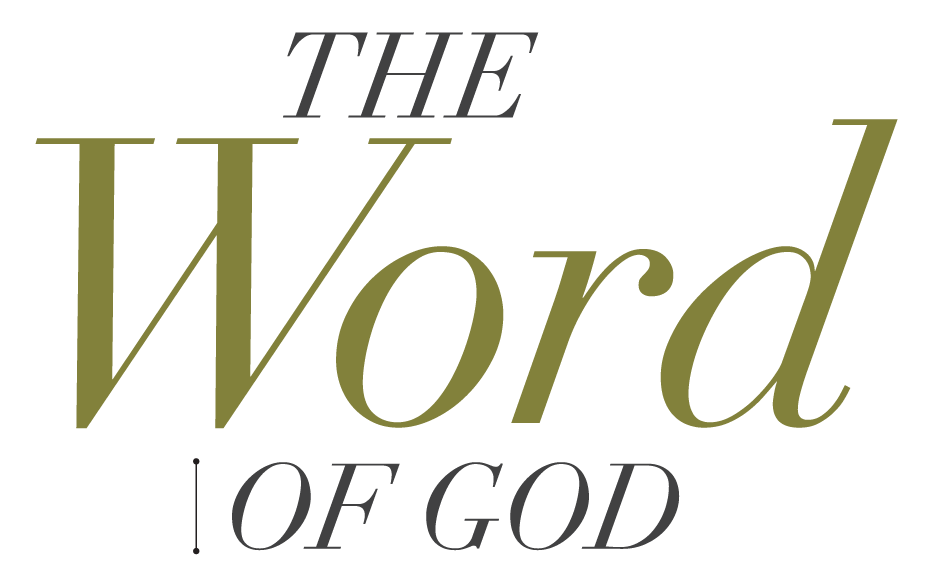


Christians describe the Bible in many different ways – including with the phrase “the word (or Word) of God.” Using Facebook, Interpreter asked clergy and other leaders, “When you say the Bible is the word of God, what is your understanding of that phrase? What do you want folks to hear in that description?” Here are some of the responses, edited as necessary for space. Kathy Noble, Editor
Read more at www.interpretermagazine.org.
The late Dr. Harrell Beck shaped my thinking on this matter. (1) The Bible is not the WORDS of God. (2) The Bible CONTAINS the Word of God. (3) Some things in the Bible are NOT the Word of God. (4) Perhaps some of the Word of God can be found OUTSIDE the cover of the Bible.
The Rev. Nicholas S. Warner, retired elder, Sedona, Ariz.
I use three categories to frame the discussion: Is the Bible the Word of God, the words of God or words about God? (I would make the case that the correct answer is the first one, the Word of God.) This approach may be overly simplified but it seems to draw out helpful dialogue around Bible literalism, Biblical interpretation, etc.
The Rev. Dave Benson, Conyers (Ga.) UMC
Frequently the difference is better identified in the reading than hearing: word of God vs. Word of God.
The Rev. Paul Judd, First UMC, Sterling, Ill.
God inspired the words in the Bible.
Jill Foss, First UMC, Hutchinson, Kan.
I want folks to hear in the idea that the Bible is the word of God that when they open their hearts to its meaning, they will find an unending source of coming to God’s love and deeper truths than they can possibly imagine otherwise.
The Rev. Ted Fine, Delhi UMC, La.
The Bible is the way in which we discover God’s relationship to humanity, our relationship to God and to each other through God’s son, Jesus.
The Rev. Rebecca Innerst, retired deacon, Beloit, Ohio
There is a subtle but important distinction in the wording of the response to the readings in worship. The tradition is “The word of God,” rather than “This is the word of God.” The first marks what is read as indicator or channel of the living, actively speaking voice of the God made known to us through the text as a vehicle or, we might say, a means of grace. The second tends to identify, locate, define or limit God’s voice among us solely to these particular words, read or spoken. There’s a reason the tradition is what it is.
The Rev. Taylor Watson Burton-Edwards, director of worship resources, Discipleship Ministries, Nashville, Tenn.
I strongly believe God inspired and guided (the) writing and compilation (of the Bible), but not in a “mechanical” way. God adapted to the language and culture of the times and places of writing, and worked through the personalities of the human authors, but without the Scriptures losing any accuracy or dependability. Yes, we have to pay attention to culture and literary forms as we interpret it. But we need not question the veracity of what the book says, nor should we erase or reduce to four-point the passages that don’t seem to fit the thinking of our times.
The Rev. David Trawick, Northwest Hills UMC, San Antonio
The Bible is truly the WORD of God, the book of all time that speaks to all situations and generations. The BOOK carries a message which cuts across the ethnic and racial divide. I wonder if there is any other book that speaks as such. I am convinced the Bible is God-breathed.
The Rev. Taurai Emmanuel Maforo, pastor and communicator, Zimbabwe Episcopal Area